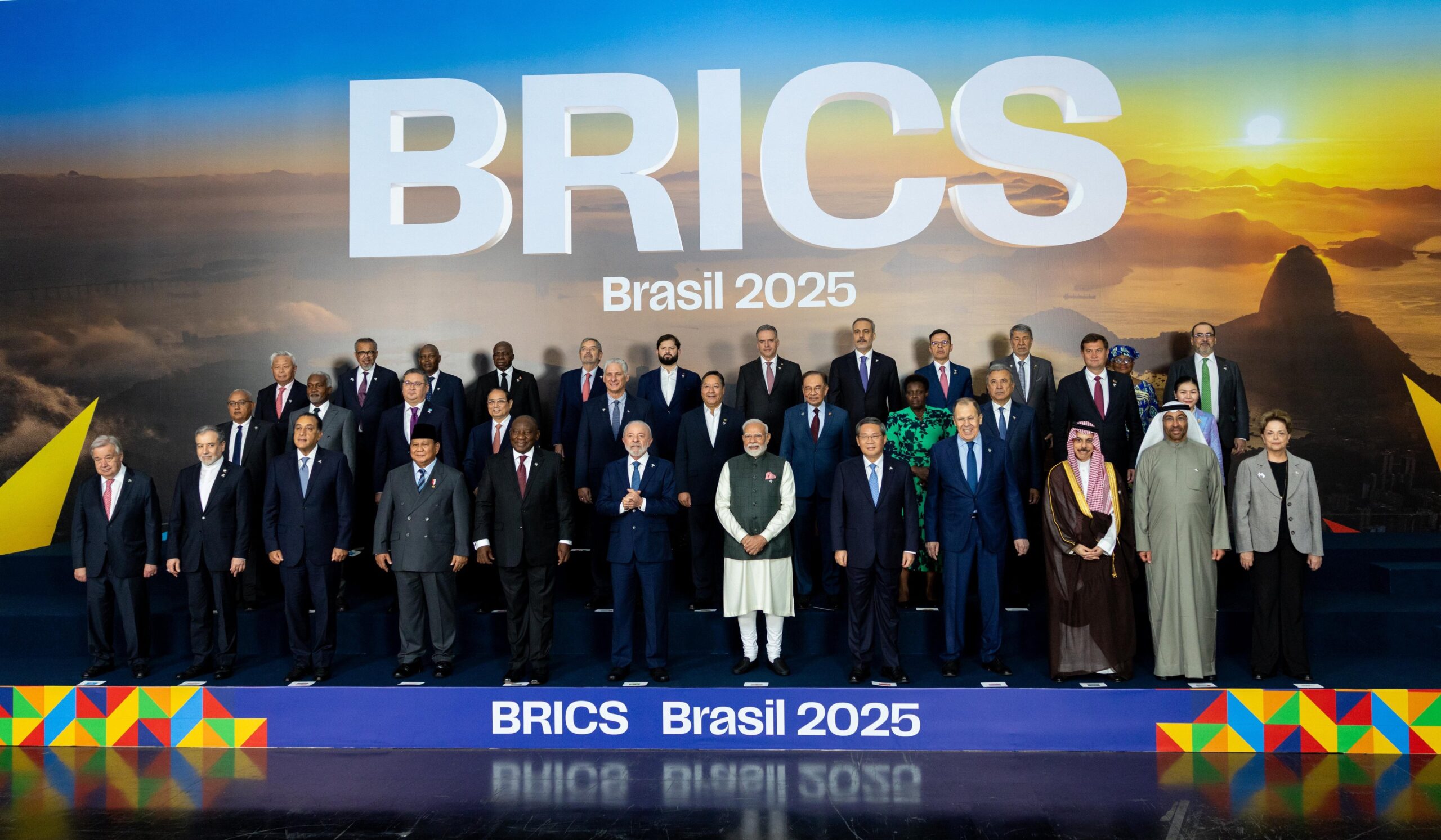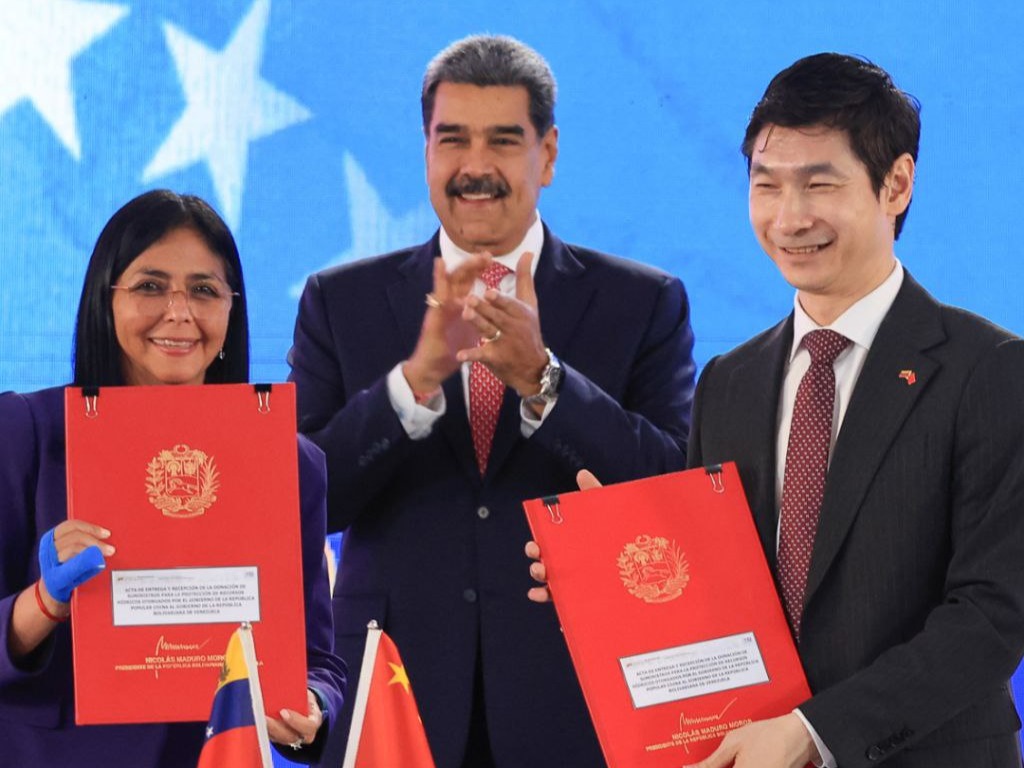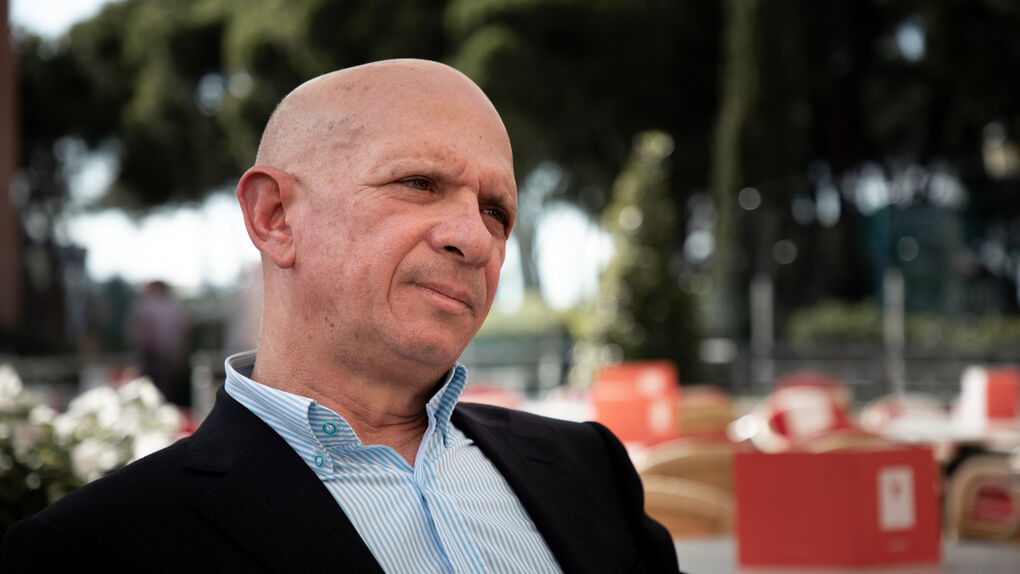The four candidates representing the political options in the region reflect a unique contest that will define the political and social future of Venezuela’s most populous state. Photographs: Social Media
Guacamaya, April 21, 2025. In the state of Zulia, the country’s most populous entity with a decisive electoral weight, the candidates competing for the governorship have been confirmed. In recent electoral processes, the Zulia electoral roll exceeds 2.6 million eligible voters, distributed across more than 1,400 voting centers, making the oil-rich region a highly influential entity.
On May 25, in addition to the regional elections, deputies to the National Assembly and state legislative councils will also be chosen. Zulia’s high demographic and electoral concentration, as well as its economic and geographical characteristics, have made it a key and strategic state in Venezuela’s electoral dynamics.
Four confirmed candidates are vying for the governorship of Zulia: Manuel Rosales, the current governor, representing Un Nuevo Tiempo (UNT) and Unión y Cambio (Única); Luis Caldera, mayor of Mara, representing the Partido Socialista Unido de Venezuela (PSUV); Ely Ramón Atencio, mayor of Rosario de Perijá, representing the intervened Acción Democrática (AD) and the Alianza Democrática; and Luis Ratti, an independent and dissident of Chavismo.
These elections are taking place in a political context marked by allegations of irregularities and a lack of transparency in the official count of the past presidential elections in July 2024. In this scenario, the election in Zulia takes on a strategic character for both the opposition and the ruling party, as it represents a barometer of popular support and an opportunity to consolidate or challenge power.
The profiles of the candidates who have confirmed their participation are presented below:
Luis Caldera (PSUV / GPPSB)

Luis Gerardo Caldera Morales, 46, is a chemical engineer graduated from the University of Zulia and holds a degree in Education with a major in Chemistry. Since 2004, Caldera has served as mayor of the Mara municipality, a position to which he has been re-elected five consecutive times, becoming the only mayor in Zulia with more than four continuous terms in office.
Caldera has been president of the Association of Mayors of Zulia for three consecutive terms and spokesperson before the Federal Government Council for the states of Trujillo, Mérida, Táchira, Falcón, and Zulia. In January 2025, he was appointed as a member of the Federal Government Council for municipalities, which would have him represent his region in this national body.
In 2021, he participated in the PSUV primaries for the governorship of Zulia, where he came in second place behind the then-governor Omar Prieto. In 2025, he was selected by consensus within the Partido Socialista Unido de Venezuela (PSUV) and the Gran Polo Patriótico Simón Bolívar (GPPSB) as the official candidate for the governorship of the state of Zulia.
His municipal management has been valued within the ruling party for its focus on social development and the improvement of public services, although it has also faced criticism from the opposition due to the complex political and economic situation of the country. Caldera presents himself with a profile oriented, from his vision, to community and social management, and represents the continuity of the PSUV’s political project in the region.
Manuel Rosales (UNT, Única, and Alianza del Lápiz)

Manuel Antonio Rosales Guerrero, 73, is a Venezuelan politician with a career spanning more than four decades in regional and national politics. He is currently the governor of the state of Zulia since December 2021, a position he has held on three separate occasions, including two consecutive terms between 2000 and 2008. He also served as mayor of Maracaibo twice between 1995 and 2000, and briefly in 2008.
He is the founder of the Un Nuevo Tiempo (UNT) party in 1999, after leaving Acción Democrática, and has since been a central figure in the Venezuelan opposition, especially in the Zulia region. In 2006, Rosales was the opposition’s presidential candidate, facing Hugo Chávez and obtaining 36% of the votes, which would consolidate him as the main adversary in that electoral process.
After years of exile and legal proceedings against him, he returned to active politics and in 2021 won the governorship of Zulia with 56.9% of the votes, defeating the ruling party candidate Omar Prieto, who had previously surpassed him in 2017 in elections marked by opposition abstention. His administration has focused on the recovery of public services and social programs.
Rosales is recognized for his deep roots in the region and his ability to mobilize an electorate that has historically shown a “rebellious vote” against the ruling party. His stance in favor of electoral participation has drawn criticism from within the opposition spectrum itself, from where he is accused of acting out of personal ambition or seeking agreements with the government of Nicolás Maduro.
In 2024, he made the decision to register his presidential candidacy, after the administrative impediments imposed on the unitary candidacy led by María Corina and her substitute Corina Yoris. However, he would later decline in favor of the candidacy of Edmundo González Urrutia, agreed upon by the Unitary Platform. In 2025, he seeks regional re-election with the support of Un Nuevo Tiempo, Única, and Alianza del Lápiz.
Ely Ramón Atencio (AD – Alianza Democrática)

Ely Ramón Atencio Brito, 54, holds a degree in Industrial Relations and is the current mayor of the Rosario de Perijá municipality in the state of Zulia. His political career includes being elected as a councilor in that town in the period 1995-2000, representing Acción Democrática (AD). Subsequently, he was elected mayor of the municipality for the first time in 2004, by the same party, a position he held until 2008.
Ely Ramón Atencio won the mayorship of the Rosario de Perijá municipality for the second time in 2021, with the support of the Mesa de la Unidad Democrática (MUD). However, after expressing his support for participation in the regional and parliamentary elections scheduled for May 25, the traditional leadership of Acción Democrática (AD), led by Henry Ramos Allup, expelled him from the party along with other leaders.
Previously, Atencio and other mayors had met with Bernabé Gutiérrez, leader of the judicialized faction of AD, recognized by the Supreme Court of Justice (TSJ) and which controls the party’s electoral card since 2020. Following these events, Atencio became part of the Alianza Democrática, a coalition that groups together other intervened parties such as Copei, Primero Justicia, and Voluntad Popular.
The political sector that supports his candidacy presents Atencio as a “unitary and renewing” option, whose pillars are centered on “commitment to community service and social management.” For their part, criticisms and accusations circulate in the Zulia political debate towards Atencio, including allegations about alleged pacts or negotiations with the government of Nicolás Maduro.
Luis Ratti (Independent)

Luis Alejandro Ratti Rivero, 46, is a politician, businessman, and evangelical preacher, originally from the state of Aragua. He began his political militancy as a youth leader of the Movimiento al Socialismo (MAS) between 1995 and 1997. Later, from 2013 to 2015, he was president of the Hugo Chávez Front, an organization he described as “a movement to fight against government corruption.”
Ratti was a candidate for deputy for circuit 3 of Trujillo in 2015, supported by Movimiento al Socialismo (MAS) and Partido Socialismo y Libertad (PSL), without being elected. In 2020, he ran again, this time as a list candidate for Aragua, supported by Movimiento Ecológico and Primero Venezuela, but he did not win either. In 2021 he lost the governorship of Aragua, nominated by Unidad Política Popular 89 (UPP89).
In 2018 he ran as a presidential candidate in elections questioned for irregularities, but days before the vote he declined his candidacy in favor of Henri Falcón, the main opposition candidate who was able to compete. In 2024, he re-registered his presidential candidacy, although he also withdrew his candidacy to support Luis Eduardo Martínez, a deputy from the judicialized faction of Acción Democrática.
Ratti defines himself as an independent oppositionist who rejects both the government of Nicolás Maduro and the traditional opposition coalition, which he accuses of corruption, violence, and blackmail. He has been critical of opposition figures such as María Corina Machado, whom he requested be disqualified from holding public office and sought to annul the opposition’s primary elections in 2023 through legal appeals before the Supreme Court of Justice.
The candidate has been involved in other controversies, such as those related to the improper use of party symbols, especially those of the Partido Acción Nacional (PAN) of Mexico, which he has used without authorization in Venezuela. He was also questioned for using photomontages in his 2020 campaign, where he appeared linked to the Primero Justicia party, without their proper endorsement.
Electoral Dynamics, Participation, and Competition
These elections in Zulia are expected to have moderate electoral participation, estimated at 40% by Datincorp for the region, in a national context marked by political exhaustion and distrust of the National Electoral Council. The main dispute is between Manuel Rosales, the current governor and opposition figure, and Luis Caldera, nominated by the ruling party.
The presence of controversial candidacies such as those of Luis Ratti and Ely Ramón Atencio, linked to intervened parties or judicialized factions, and critics of both the government and the opposition, while contributing to the fragmentation of the vote, are not estimated to have a greater impact in favor of or against the other candidates. The result will be a key indicator of the political course in Venezuela’s most populous entity.







